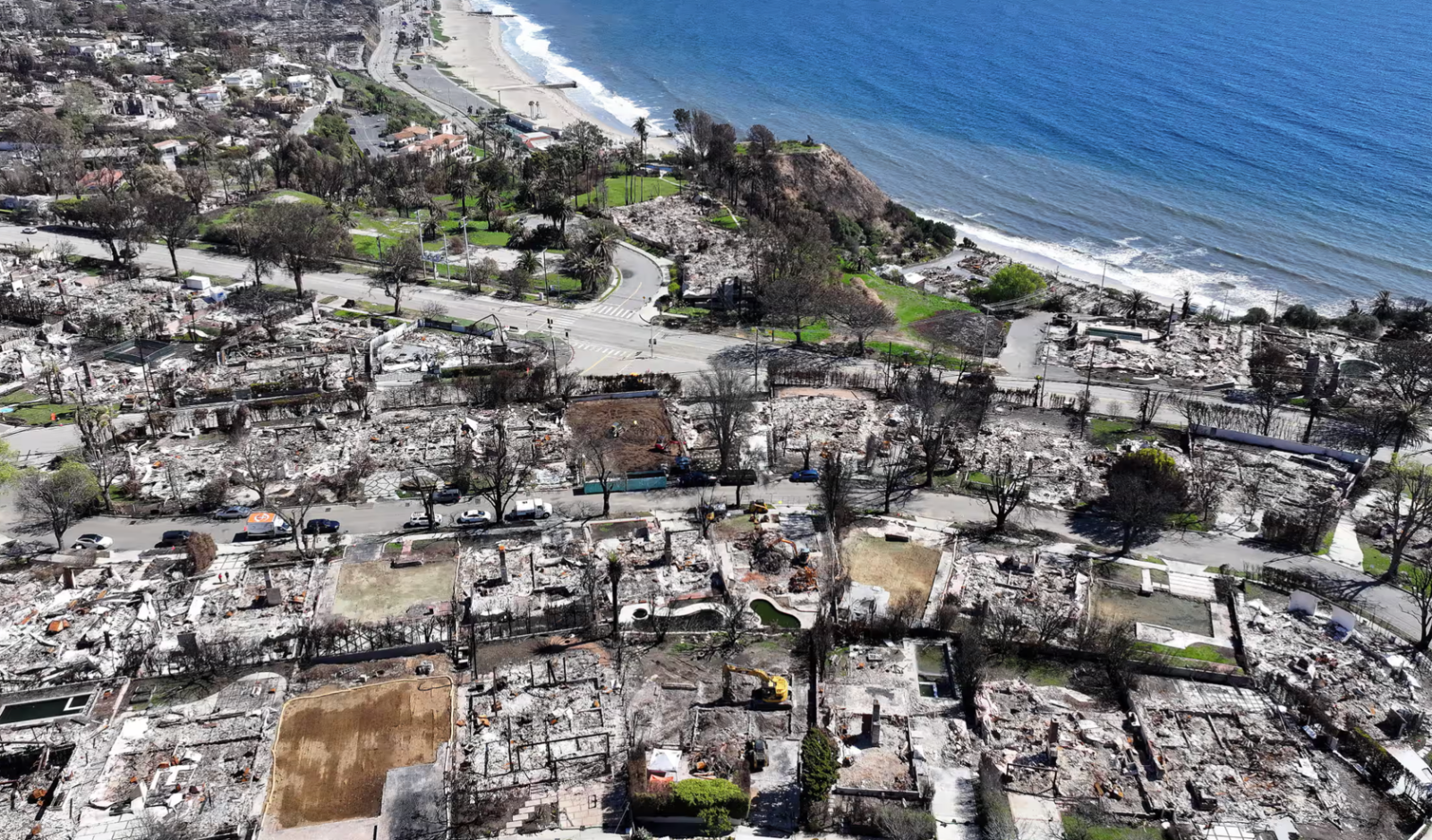
Günther Thallinger, a board member at Allianz, one of the world's largest insurers, said the industry is rapidly approaching a tipping point where entire regions will become uninsurable due to rising risks from climate change. Without insurance, mortgages, investments, and other financial services will also become unviable, he cautioned.
A Looming Financial Collapse
Thallinger's stark warning comes as global carbon emissions continue to rise, with current policies projected to drive global warming between 2.2C and 3.4C above pre-industrial levels. At 3C of warming, the economic losses from extreme weather would be so severe that governments would be unable to bail out financial institutions, making adaptation impossible, he said.
In a LinkedIn post, Thallinger described the cascading impacts of climate destruction:
"Heat and water destroy capital. Flooded homes lose value. Overheated cities become uninhabitable. Entire asset classes are degrading in real time."
He warned that as temperatures rise beyond 1.5C, 2C, and 3C, insurers will no longer be able to offer coverage for many climate risks because premiums would become unaffordable. He pointed to major insurance companies pulling out of wildfire-prone California as an early sign of what's to come.
"The math breaks down. The premiums required exceed what people or companies can pay. Entire regions are becoming uninsurable."
A Climate-Induced Credit Crunch
Thallinger described this as a systemic risk that threatens the entire financial sector. Without insurance, key financial services such as loans, mortgages, and investments will no longer function, creating what he called a "climate-induced credit crunch."
"This applies not only to housing but also to infrastructure, transportation, agriculture, and industry. The economic value of entire regions—coastal, arid, wildfire-prone—will begin to vanish from financial ledgers. Markets will reprice, rapidly and brutally. This is what a climate-driven market failure looks like."
The crisis is already visible in government budgets. Australia's disaster recovery spending has increased sevenfold since 2017, and experts warn that successive climate disasters will push public finances beyond breaking point.
The End of Capitalism as We Know It?
Thallinger warned that the belief that humanity can simply "adapt" to worsening climate impacts is a dangerous illusion.
"There is no way to ‘adapt' to temperatures beyond human tolerance. Whole cities built on floodplains cannot simply pick up and move uphill."
At 3C of global warming, he said, insurers will no longer cover losses, governments will be unable to step in, and financial markets will collapse.
"That means no more mortgages, no new real estate development, no long-term investment, no financial stability. The financial sector as we know it ceases to function. And with it, capitalism as we know it ceases to be viable."
A Last Chance for Climate Action
Thallinger insists that the only solution is to drastically cut fossil fuel use and capture emissions, dismissing half-measures as mere delays.
"The cost of inaction is higher than the cost of transformation. If we succeed, we will enjoy a more efficient, competitive economy and a higher quality of life."
Many financial institutions have retreated from climate action, particularly in the wake of the election of Donald Trump, who has called green policies a "scam". But Thallinger argues that capitalism itself must now rise to the challenge, putting sustainability at the core of financial decision-making.
With climate disasters escalating and entire financial markets at risk, the insurance sector's warning is clear: unless bold action is taken now, capitalism may not survive the climate crisis it helped create.